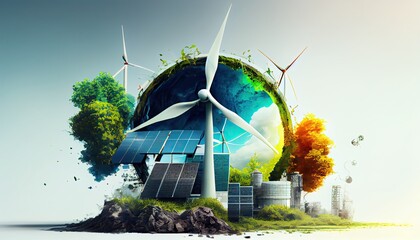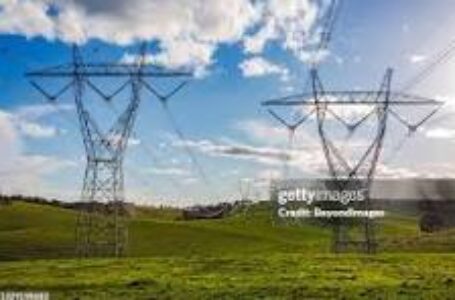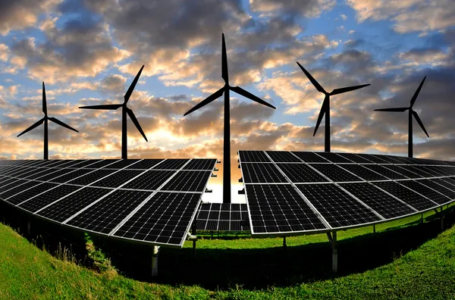China’s Role in Africa’s Green Energy Future

October 17, 2025
- China is a major global player in clean energy, extending its influence through investments in emerging economies, particularly in Africa’s energy sector.
- Chinese companies and financiers have been involved in 84 energy projects across Africa between 2020 and 2024, with a combined capacity of over 32 gigawatts.
- While China’s involvement offers crucial investment for Africa’s vast solar resources and growing energy demand, concerns exist regarding the lack of transparency in financing mechanisms and debt sustainability.
China’s incredible pace of clean energy spending has made the world’s second-largest economy the single-largest producer of clean energy by a long shot.

This dominant position in global energy markets doesn’t just stem from domestic production capacity, but from increasingly significant control of global supply chains for clean energy technologies and materials, as well as investing in the production potential of emerging economies from Latin America to Southeast Asia to Africa and beyond.
Since the inception of China’s ambitious Belt and Road infrastructure program in 2000, Beijing has poured over a trillion dollars into developing its trade relations around the planet, including considerable contributions to energy infrastructure. Indeed, as hard as China has striven to establish national energy security, it has striven equally hard – if not harder – to become the “center of gravity for global energy markets.”
The expansion of China’s influence has been so rapid, and often so opaque, that many scholars and watchdogs are scrambling to keep up with the ways that our global energy landscape is changing in critical and fundamental ways. Independent research group the China Global South Project (CGSP) has been founded with the sole mission to do just that – track and understand China’s spreading involvement in emerging economies. And it’s surprisingly hard to do.
The CGSP points to a “murky information landscape where firm numbers are scarce, project details are incomplete, and media coverage sometimes circulates figures from abandoned or entirely fictitious projects.” In order to try to fill some of these gaps, the organization has released a new tool aimed at tracking Chinese spending in the African energy sector.
A report accompanying the tool’s release reveals that the scope of Chinese involvement across the continent’s energy industries is enormous. “In the years between 2020 and 2024, Chinese companies and financiers have been involved in 84 energy projects across the continent, with a combined capacity of more than 32 gigawatts – enough electricity to light up over 135 million urban African homes, or more than half a billion rural homes, every year,” CGSP summarizes.

There are significant benefits to China’s involvement in developing Africa’s prodigious clean energy assets. Africa is home to 60% of the world’s best solar resources, but only 1% of the world’s installed solar capacity. What the continent has in primary resources, it sorely lacks in investment capital. And it needs to drum up that money to expand renewable energy capacity as quickly as possible to meet the skyrocketing energy needs of the fastest growing population in the world.
The African population is expected to double between now and 2050, and the region’s energy demand is expected to increase threefold over the next decade.. This presents a critical challenge for energy security as well as decarbonization goals as African nations continue to develop. Today, around 600 million people in Africa lack access to electricity entirely.
For years now, China has been the primary trading partner on the African continent, but has historically invested far more in fossil fuels than in clean energies. But Beijing stands to be a critical strategic ally in developing the African energy sector.
“Given current economic challenges and future energy opportunities, China can play a role in contributing to Africa’s energy access and transition through trade, finance and FDI (foreign direct investment),” reads a 2024 report from Boston University’s Global Development Policy Center and the African Economic Research Consortium.
However, the lack of transparency around China’s involvement on the continent, especially in terms of financing mechanisms, is cause for some legitimate concern. “This opacity matters,” reports the CGSP. “Without clear terms, it is difficult to fully assess debt sustainability, long-term affordability, or the distribution of benefits. It also constrains the ability to learn from successes – or to avoid repeating costly mistakes.”
Oilprice.com… except images






